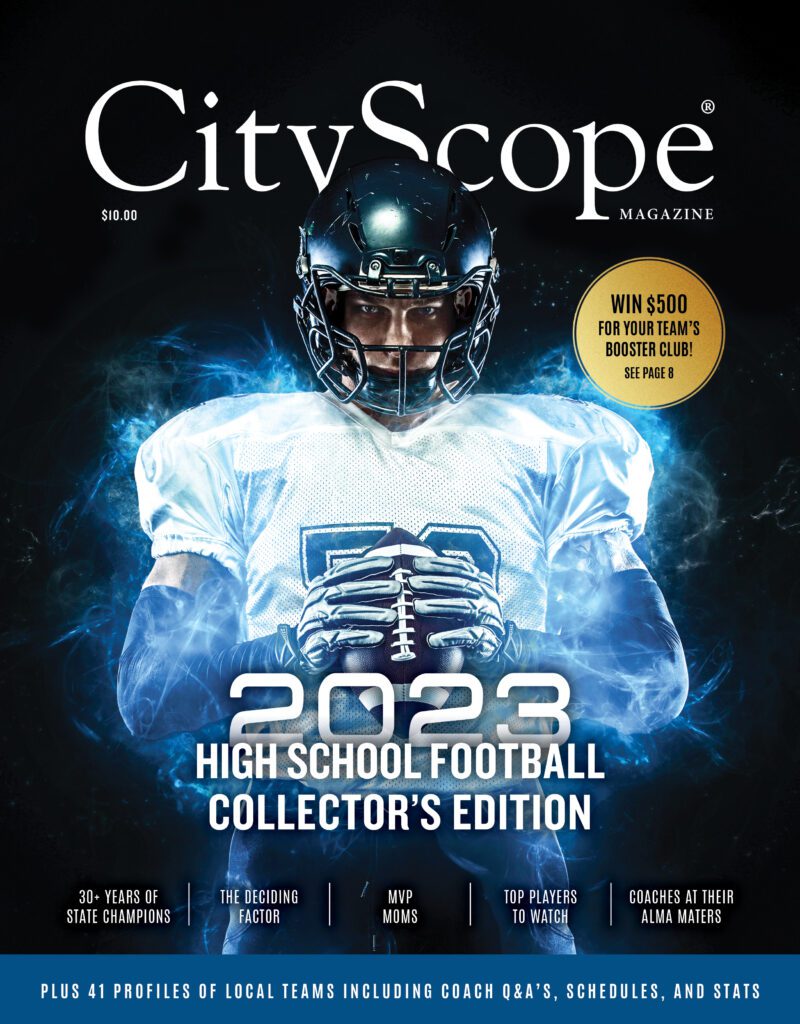High school football is a big deal in the greater Chattanooga area, and the region is lucky to produce many star players. But what is it that makes a high school football player really stand out? While stats and yardage do count, what truly makes a player exceptional is more than just how fast he can run or how far he can throw. It’s also his commitment to the game, his drive, and his willingness to cooperate with his team to achieve a greater purpose. It’s his strength – in both character and body – and his ability to stay calm under pressure and to think and react quickly.
All of these are characteristics that also make a good soldier. So, it should come as no surprise that many who have worked hard to serve their high school teams have gone on to serve their country. There is a lot of overlap between football and the armed forces. We spoke with several men who dedicated large parts of their lives to these two pursuits. Here is what they have to say about it.
By Kathy Bradshaw





